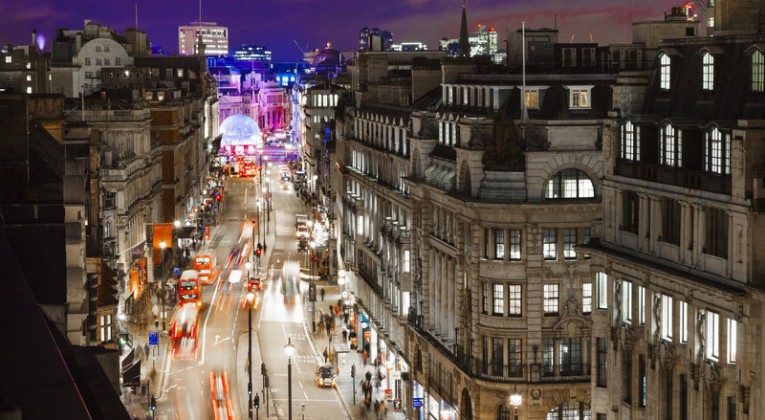Some links to products and partners on this website will earn an affiliate commission.
You might not have paid too much attention to the Chancellor of the Exchequer’s “Summer Statement”. But if you are planning to “staycation” in the UK instead of travelling abroad this summer, you perhaps noticed the headline stating that VAT on accommodation and restaurant meals has been temporarily reduced from 20% to 5%. This reduction will last from 15 July 2020 until 12 January 2021.
But with the lower VAT rate in place for 2 weeks now, most reports suggest that hotel room rates have stayed exactly the same. Why?
Well, your first clue should be the guidance note from HMRC…
These changes are being brought in as an urgent response to the coronavirus (COVID-19) pandemic to support businesses severely affected by forced closures and social distancing measures.
(No mention whatsover about incentivising consumers to spend more on accommodation, restaurant meals, etc.)
The main reason, however, is pretty straightforward.
In the UK and the rest of Europe, room rates are quoted on a tax-inclusive basis. And rates are set based on supply and demand. If the market is willing to pay £100 for a hotel room of a certain standard, then it will pay £100. It doesn’t really matter whether that hotel’s cost base – wages, rent, utilities, marketing, etc. and yes… taxes – works out to £120 or £70 per room per night.
Could the hotel drop its £100 rate to £85 and receive more guests? It could, and it might… But it would lose £15 from each and every guest who would otherwise have paid £100 but actually got lucky and booked for £85…
This VAT Reduction is Actually a Cost Increase for the Self-Employed and Other Company Travel!
An odd side effect of this temporary reduction in VAT is that the self-employed will pay MORE for hotel accommodation and meals, as will companies who send their employees on business travel around the UK.
You might not care when you fill in an expense claim form, but your company’s accounting department cares. And you definitely care if you are self-employed! It’s complicated… but VAT-registered companies can essentially offset the VAT paid on legitimate business expenses against the VAT charged to the final customer.
So… if you are self-employed and pay a retail room rate of £100, you would previously have ended up paying roughly £83, as you would be refunded the £17 of VAT. Now that VAT is only 5%, you’ll end up paying roughly £96.
Perhaps what the Chancellor intended, perhaps not…
Don’t Forget the Points!
Even though you might still be paying £100 for your hotel room, you at least should earn more points! The major hotel chains award points based on the pre-tax room rate – reflecting the North American practice of quoting rates on a pre-tax basis (and blaming the government for the excess).
Before July, therefore, you were earning hotel chain points based on a pre-tax rate of £80. Now you should be earning them based on £95.
Some hotels might not have updated their systems appropriately, however, so make sure to double-check the number of points you earn on your next hotel stay in the UK…
The Bottom Line
Even though the lower VAT rate probably won’t find its way into your bank account, you should at least earn a few more points. Perhaps the Chancellor is a Hilton Honors or Marriott Bonvoy member???





Leave a Reply